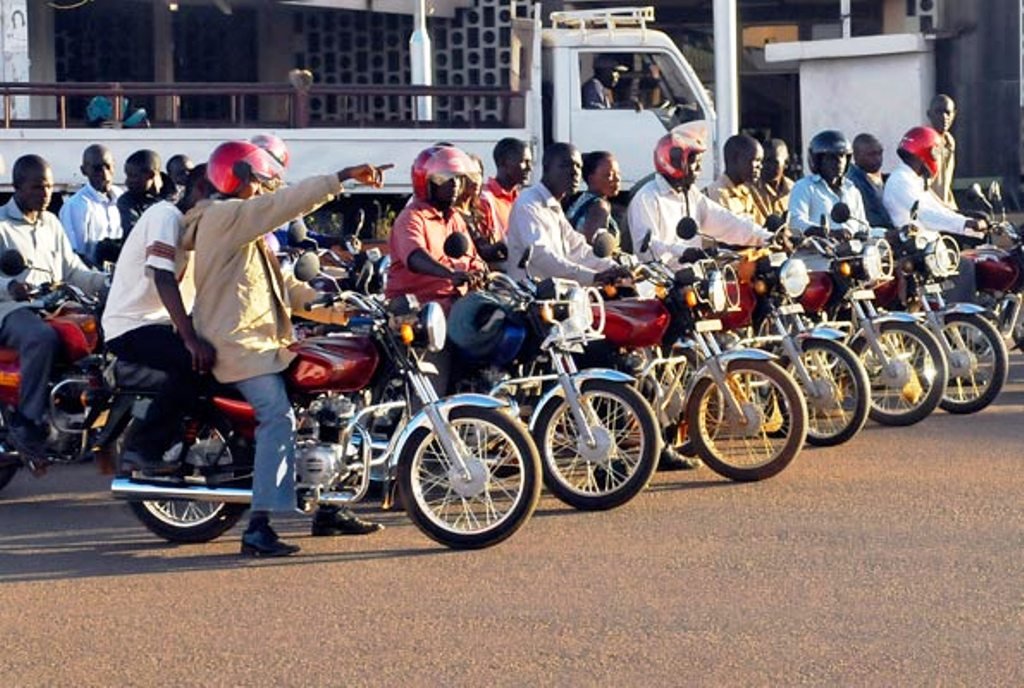Private firm set to launch cargo operations on Tazara

Tanzania-Zambia Railway (Tazara) managing director Bruno Ching’andu and Bravo Group chairperson Angelina Ngalula display documents after signing an agreement under which the private firm will operate cargo services on Tazara. PHOTO | ELIZABETH EDWARD
What you need to know:
- The signing of the open access agreement between Tazara and the firm is a significant shift from the trend where members of the private sector tend to use lorries to transport cargo.
Dar es Salaam. The Tanzania-Zambia Railway Authority (Tazara) and a Tanzanian firm yesterday signed an agreement on cargo haulage between Dar es Salaam Port and Zambia and the Democratic Republic of Congo (DRC).
Under the deal, initially pegged at $35 million, Bravo Group Limited has purchased two locomotives and 40 wagons that will be used to transport cargo between Dar es Salaam Port and the two countries.
The signing of the open access agreement between Tazara and the firm is a significant shift from the trend where members of the private sector tend to use lorries to transport cargo.
It is also expected to expand business opportunities within the Dar es Salaam corridor and bolster trade among Southern African Development Community (SADC) member states.
“We will be transporting mining products with at least four trips per month, which means we will be hauling at least 8,000 tonnes every month,” Bravo Group chairperson Angelina Ngalula said.
The agreement is now awaiting the approval of the Land and Transport Regulator Authority (Latra) and services will commence once all registration processes are complete.
“We won this tender in 2021. However, we were unable to commence operations due to the poor state of the relevant infrastructure. We therefore informed them that we would wait until repairs were done in certain areas. We are prepared to invest more as infrastructure improvements continue to be made, said Ms Ngalula.
She said transporting cargo via railways does not undercut the business of inland container depots (ICDs) or lorries. Instead, it complements and strengthens the transport sector.
“Using railways can reduce costs by up to 70 percent and reduce container congestion at ports. In transportation, there are ‘first miles’ and ‘last miles,’ so lorries will still be necessary.
“We have made the strategic decision to venture into railway transport in response to our customers’ need for a sustainable transport solution. We work with major companies in the mining sector and we are dedicated to reducing emissions and actively participate in mitigating environmental impacts. We aim to be part of the solution in minimising the adverse effects associated with transportation,” Ms Ngalula added.
She highlighted the importance of government support in facilitating private sector involvement in projects such as Tazara.
“We aim to bolster the Tanzanian economy by attracting more cargo through our port. Utilising trains will expedite transportation, with a single wagon capable of carrying 50 tonnes compared to a lorry’s 30 tonnes and completing the journey in just four days.”
Tazara managing director Bruno Ching’andu spoke of the meticulous process involved in initiating the venture, saying it adhered to all the necessary procedures.
Commending the Tanzanian company for deciding to invest in Tazara, he underscored the ongoing collaboration to enhance the railway’s attractiveness to potential investors.
Tanzania Trucks Owners Association (Tatoa) deputy chairman Rahim Dossa commended the company’s decision to utilise rail transport, foreseeing an increase in cargo throughput at the port and consequently expanding market share. He pledged continued cooperation with the company.
Echoing similar sentiments, Clearance Inland Depots Association (CIDAT) chairman Meleck Shange affirmed the association’s commitment to collaborating with Bravo Group to ensure efficient cargo transportation to designated destinations.”
Commenting on the agreement PMN Group Limited chairperson Judith Spendi said Tanzania is currently facing challenges with regard to the availability of dollars and the potential of the agreement to significantly alleviate the challenge by facilitating the transportation of goods, thus bringing in much-needed revenue.
“As someone who is deeply involved in the shipping business, I understand the critical role of ports, railways and lorries in facilitating trade. Shifting cargo transportation to railways could potentially reduce the dollar shortage by up to 60 percent making Tanzania more attractive to investors,” she said.
Dr Spendi underscored the importance of efficient transportation systems, particularly for the mining industry’s cargo destined for DR Congo and Zambia adding the introduction of the train service promises to expedite these processes.
She pointed out that Tanzania incurs significant losses, estimated at $5000 for every ship delayed in offloading cargo for 21 days. By embracing the private sector’s initiative to invest in railway infrastructure, Tanzania can mitigate these losses as cargo is transported directly from the port to its destination, bypassing delays and associated costs.



